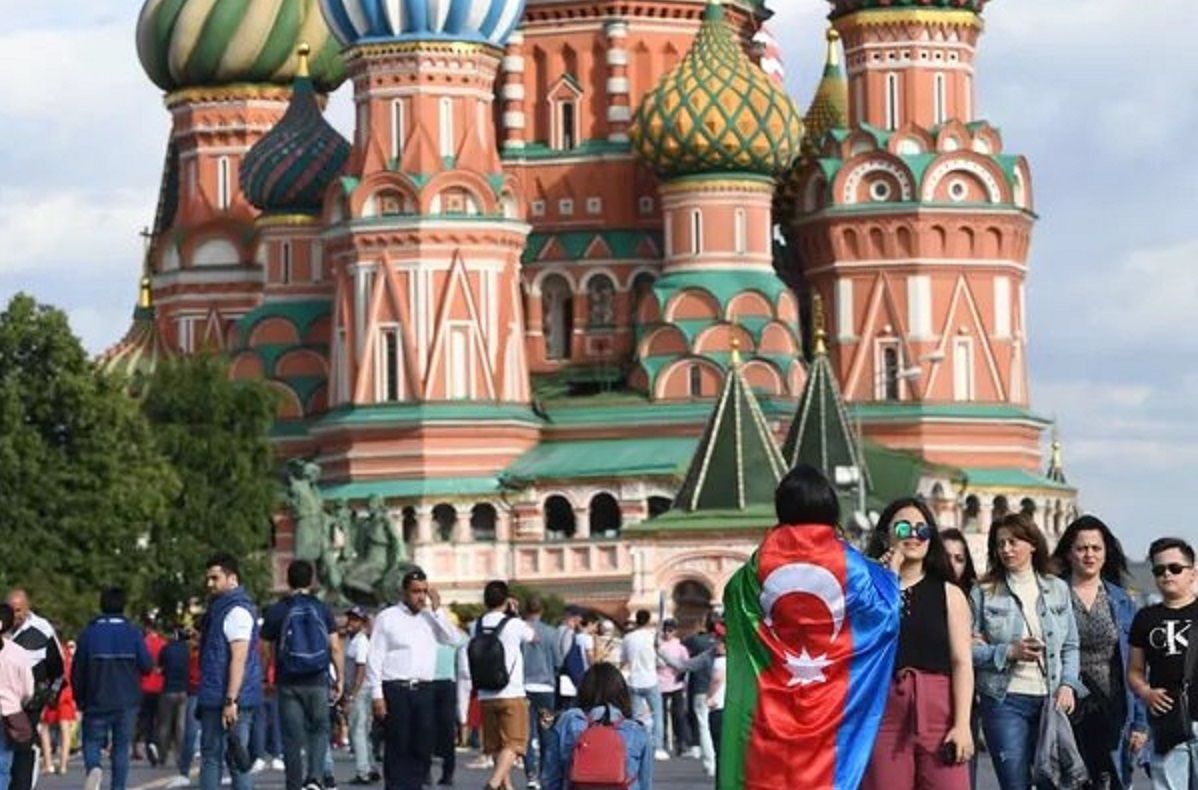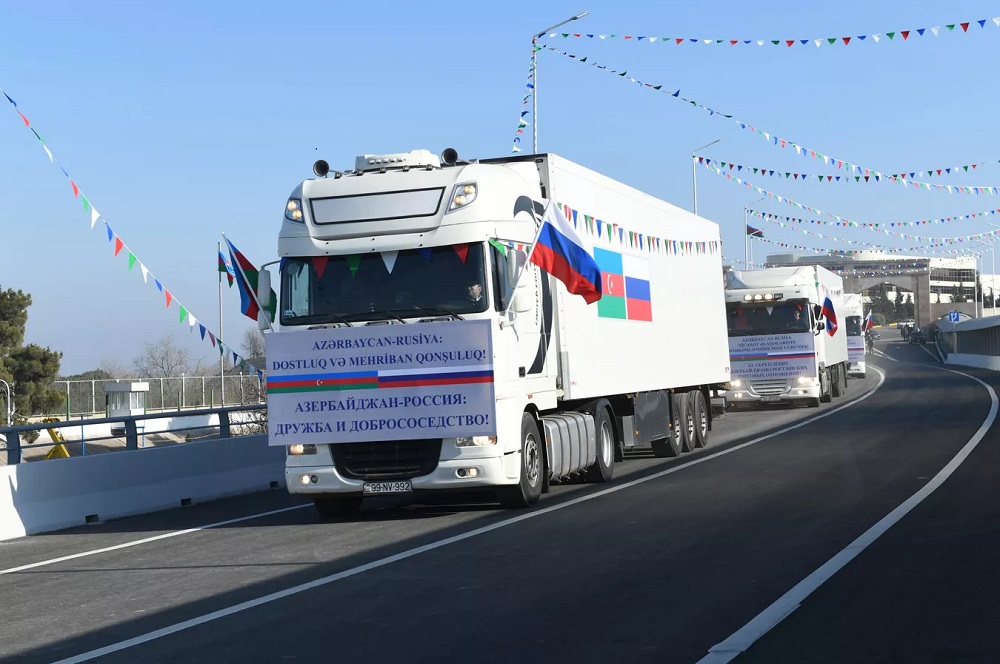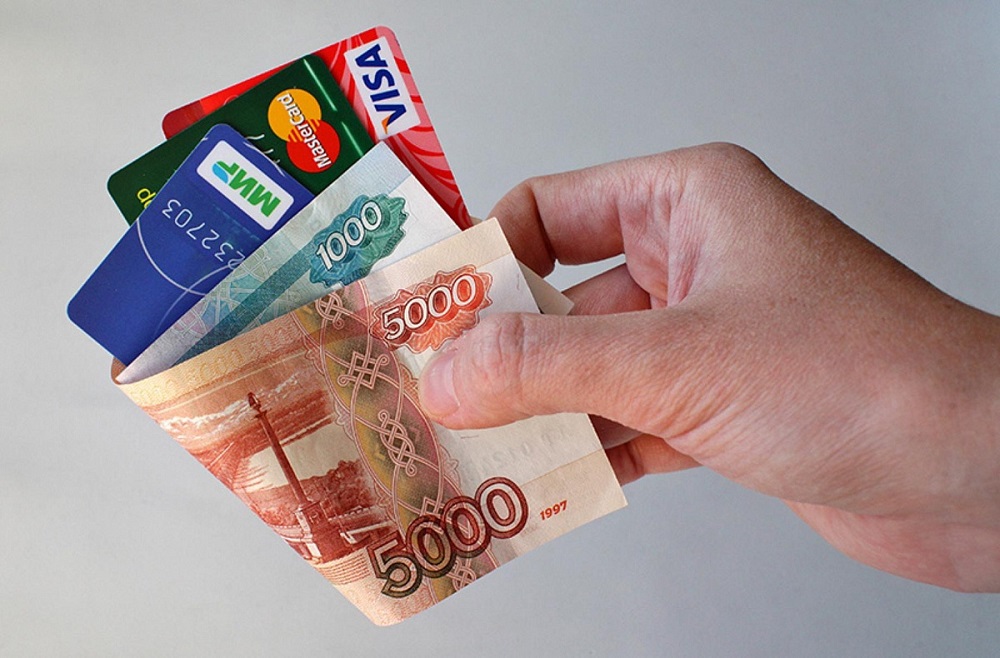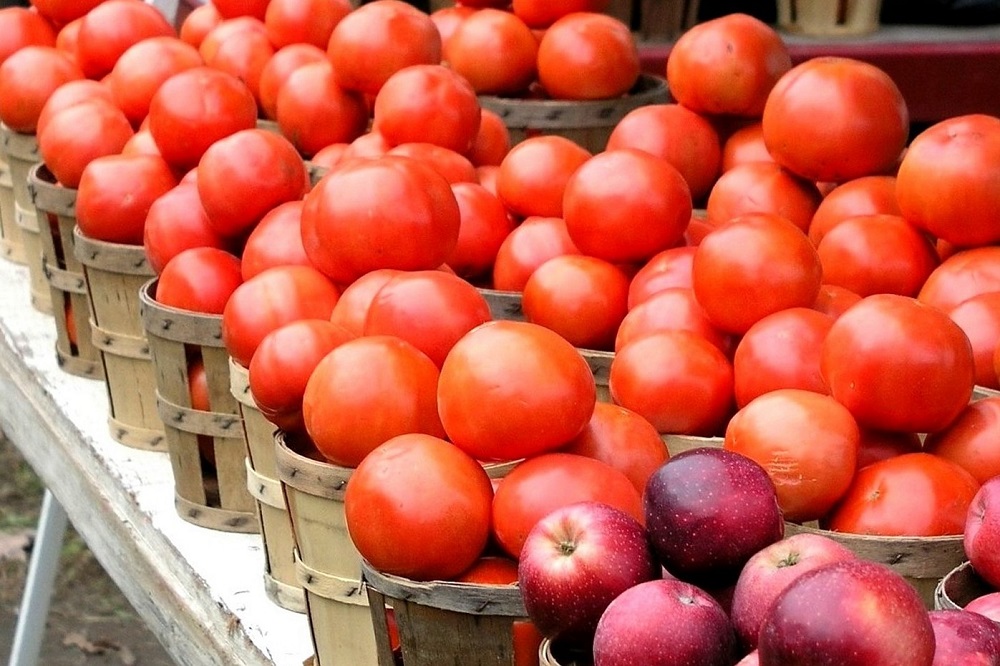
Azerbaijanis working in Russia
The aggressive war against Ukraine, now nearing three years, and Western sanctions have finally begun to cause serious problems for Russia‘s economy. Statistics show that the worsening economic situation of the northern neighbor is also affecting Azerbaijan.
- Georgian PM: Decision made to postpone EU talks until end of 2028
- ‘EU seeks clarity on Armenia’s priorities’: Insights on Polish president’s visit
- Shagan: Village trapped by rain and groundwater
Impact of war and sanctions on Russia’s economy
In October this year, the Central Bank of Russia announced it had raised the interest rate to a 20-year high of 21 percent. This marked the third consecutive rate hike within the year. The rate increase drives up borrowing costs for businesses and households, which in turn slows economic growth and contributes to rising inflation.
In early November, Central Bank Governor Elvira Nabiullina admitted she had been forced to adopt a tight monetary policy, describing it as a new reality for the Russian economy.
Last week, the U.S. Treasury imposed sanctions on Gazprombank, DOM.RF Bank, and 10 other Russian banks. Following this, the UK and several European countries announced new restrictions targeting Russian financial institutions, which had an immediate impact on the ruble’s exchange rate. The sanctions prohibit foreign banks from servicing cards issued by Gazprombank under the Chinese payment system.
On November 28, the dollar’s exchange rate on the international Forex market rose to 110 rubles, reaching its highest level since March 2022. The euro and yuan rates also increased, reaching 120 rubles and 14.5 rubles, respectively.
Massive funds directed toward winning war
Russia is allocating massive resources to win the war against Ukraine. Under sanctions, covering these expenses is becoming increasingly difficult, leading to a significant budget deficit. Notably, Russia’s 2025 state budget projects defense spending at a historic high of 13.2 trillion rubles, or approximately $142 billion. This amount is nearly double what was allocated in 2024. Consequently, military expenditures are expected to account for 6.2% of Russia’s GDP next year.
Defense and security expenses alone are projected to make up nearly 40% of Russia’s total budget in 2025, surpassing combined allocations for education, healthcare, social policy, and the national economy.
“Azerbaijanis who ere Russian citizens are being forcibly sent to war”
The worsening economic and social situation in Russia is affecting millions of Azerbaijanis who live and work in the country, as well as those in Azerbaijan who rely on income from their relatives in Russia.
Ismail Mamedzade, a fruit and vegetable trader in Moscow, told the Azerbaijani outlet PressKlub that the situation has deteriorated even compared to the previous year:
“People’s purchasing power has decreased, and expenses for food, services, transportation, and logistics have risen. In addition, new laws targeting migrants have been introduced, and strict controls are in place. The number of documents required for work permits has increased, along with the associated fees. Many people cannot overcome these obstacles.”
Mamedzade says that migrants face lengthy and thorough checks at Russian airports. Those allowed entry are reportedly monitored, while individuals with Russian citizenship are allegedly forced to join the army and fight:
“For those who refuse, their passports are marked for deportation, and they are expelled from the country. The treatment of migrants has become very strict. As a result, the number of migrants leaving Russia, including Azerbaijanis, is growing daily. Many are deterred by Azerbaijan’s closed land borders, as airfare is prohibitively expensive. Many Azerbaijani families are working in Russia, and returning home is a significant financial burden for them.”
He says one of the factors making work and earnings in Russia less effective is the devaluation of the ruble. According to him, incomes have already decreased, and they lose part of their value when exchanging rubles for manats:
“Last week, I exchanged 1,000 rubles for 15.7 manats when sending money to my family. You know how high food prices are in Azerbaijan—how much money would we have to earn monthly for our families to afford groceries there?! It’s very difficult.”
Money transfers to Azerbaijan decrease by 29.3%
According to the Central Bank, from January to September 2024, Azerbaijani banks received 29.3 percent less money from foreign countries through fast money transfer systems, while transfers from Azerbaijani banks abroad decreased by 15.4 percent.
Experts view this decline as a key indicator of the impact of Russia’s worsening economic situation on Azerbaijanis.
The deterioration of the socio-economic situation in the neighboring country is bad news not only for Azerbaijanis working in Russia but also for Azerbaijani farmers and entrepreneurs. Their incomes depend on Russia, and their farms survive thanks to the currency earned from selling their products there.
Although the government does not provide any statistics on this matter, observations indicate that livelihoods in Azerbaijan’s regions are largely supported by income earned in Russia. Consequently, the worsening economic situation in Russia next year is expected to further reduce the flow of money into households in Azerbaijan.
Azerbaijanis working in Russia




